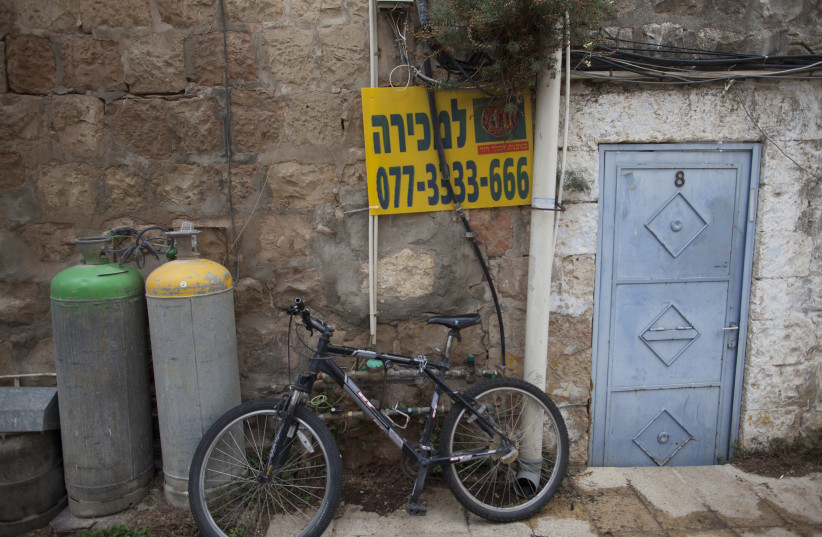The State Comptroller’s Report released Tuesday has highlighted how the rising cost of living is manifesting in two critical industries: the dairy industry and the real estate market.
We make a lot of milk, but it’s really expensive
The dairy industry has been a main source of animal protein and calcium for the average diet, as well as a recent source of drama in the news regarding its recent upward shift in price.
An audit carried out by the state comptroller highlighted issues related to the growing price of raw milk. At the time of the audit, which was performed before the most recent 8.28% price hike that occurred on Monday, the price of raw milk was estimated to be about 24% higher in Israel than the average in the European Union.
The audit further revealed issues related to ensuring a regular supply of milk and avoiding milk shortages during Jewish holidays. In 2021, shortages amounted to about 3 million liters of pasteurized milk, which is 9% of average monthly consumption in Israel.

Furthermore the gap between the price of a liter of regular milk for the consumer in Israel and the average price in the OECD countries is 77%. That gap has undoubtedly widened as a result of the aforementioned increase.
The audit further revealed issues related to ensuring a regular supply of milk and avoiding milk shortages during the Jewish holidays. In 2021, shortages amounted to about three million liters of pasteurized milk, which is 9% of average monthly consumption in Israel.
On the bright side, Israelis can pride themselves with their ability to extract milk from their bovine livestock: the average annual milk yield per cow here is the highest in the world, at 12,003 kg. per cow.
However, according to the report, there is very little regulation in place to ensure that no animal cruelty is taking place in Israel’s dairies. About 20% of barns were found to be in serious condition in terms of animal welfare.
Disorganization has led to housing shortage
Israel has been grappling with rising housing prices for over a decade, and according to data within the report, the situation is not improving. Between 2007 and 2022, the housing price index increased by a staggering 208%, largely due to a shortage of housing units. According to the National Economic Council in the Prime Minister’s Office, there has been a cumulative shortage of about 189,000 housing units between 2006 and 2022, with the number of units built falling short of demand.
To address the shortage of housing, the government established the Israel Lands Authority, which is responsible for increasing the supply of housing. However, the state comptroller found that the ILA has not been fulfilling its duties effectively. The report examined Israel’s actions regarding the planning and marketing of residential land, including the implementation of a strategic plan for housing and the marketing and implementation of residential land transactions.
According to the strategic plan, which runs from 2017 to 2040, Israel needs to plan about 2.6 million housing units. However, the State Comptroller found that some of the actions set out in the plan have not been implemented. For example, the Construction Ministry did not formulate an action plan to initiate detailed planning in line with the strategic plan.
The report also found that the Planning Administration did not regularly report to the housing cabinet regarding the strategic plan, and the Israel Lands Council did not discuss the plan or direct the ILA to formulate a long-term work plan according to the plan’s goals. Moreover, in 35% of approved residential plans between 2017 and 2021, there were barriers in the stages of marketing, building permits or occupancy.
The state comptroller recommended that the Planning Administration work to shorten the time periods for promoting detailed plans in the planning institutions and submit annual reports to the housing cabinet, and that the construction and housing minister work to promote an action plan or an overall policy to initiate strategic land planning.
